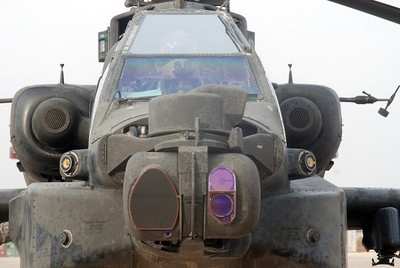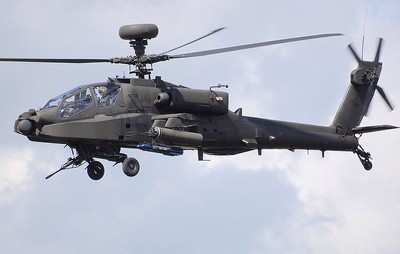Tue, Mar 02, 2010
Advertisement
More News
 Airborne 06.30.25: US v ADS-B Misuse, Natl STOL Fire, Volocopter Resumes
Airborne 06.30.25: US v ADS-B Misuse, Natl STOL Fire, Volocopter Resumes
Also: Netherlands Donates 18 F16s, 2 737s Collide On Ramp, E-7 Wedgetail Cut, AgEagle's 100th In S Korea The Pilot and Aircraft Privacy Act was introduced in the House by Represent>[...]
 NTSB Prelim: Piper PA-23
NTSB Prelim: Piper PA-23
Pilot Also Reported That Due To A Fuel Leak, The Auxiliary Fuel Tanks Were Not Used On June 4, 2025, at 13:41 eastern daylight time, a Piper PA-23, N2109P, was substantially damage>[...]
 ANN FAQ: Submit a News Story!
ANN FAQ: Submit a News Story!
Have A Story That NEEDS To Be Featured On Aero-News? Here’s How To Submit A Story To Our Team Some of the greatest new stories ANN has ever covered have been submitted by our>[...]
 Classic Aero-TV: One Mans Vietnam
Classic Aero-TV: One Mans Vietnam
From 2023 (YouTube Edition): Reflections on War’s Collective Lessons and Cyclical Nature The exigencies of war ought be colorblind. Inane social-constructs the likes of racis>[...]
 Klyde Morris (06.30.25)
Klyde Morris (06.30.25)
What Goes Around, May Yet Come Back Around, Klyde FMI: www.klydemorris.com>[...]
blog comments powered by Disqus





